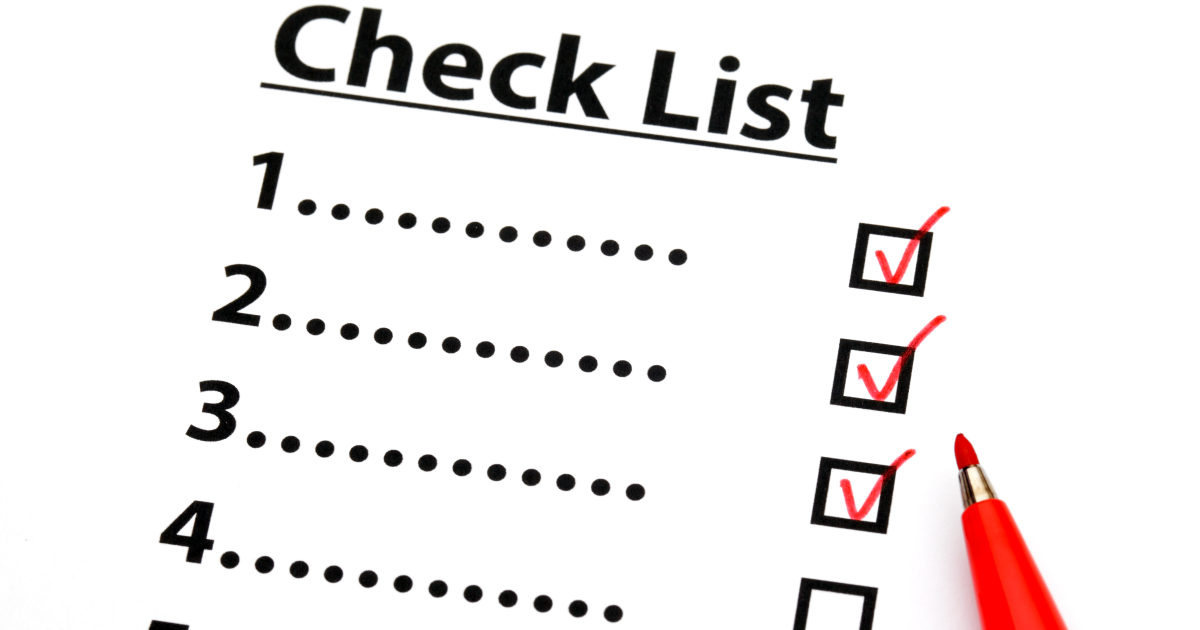Building a custom home is an exciting and monumental project. It’s an opportunity to create a space that is tailored to your exact needs and lifestyle. However, the process is also complex, and without the right planning and preparation, it can become overwhelming. One of the most important steps in ensuring a smooth custom home build is asking the right questions before construction begins. Below are the key questions you need to ask before embarking on your custom home build to help you avoid common pitfalls and enjoy the experience. Get answers to important questions before starting a custom home build. Questions you need to ask before a custom home build.
1. What is my total budget, and how will I finance the build?
One of the first questions you need to ask yourself is about your budget. Building a custom home can be costly, and it’s easy for expenses to add up quickly. You need a clear understanding of the total cost, which includes land acquisition, design fees, construction costs, permits, and landscaping. Equally important is figuring out how you will finance the build. Will you take out a construction loan? Are there additional expenses, like temporary housing, you need to budget for?
Why it’s important:
Understanding the financial aspect upfront helps you avoid surprises and keeps your project on track. It also ensures you stay within your means, which reduces the risk of financial strain down the line.
2. How do I choose the right builder?
Selecting the right builder is one of the most crucial decisions in the custom home building process. You need a builder who understands your vision, works within your budget, and has a track record of successful custom home projects. Before hiring anyone, research local builders, read reviews, and ask for references. You’ll also want to ask builders about their experience with homes similar to the one you envision.
Why it’s important:
The right builder makes all the difference in whether your custom home meets your expectations. A good builder will manage the project smoothly, maintain the timeline, and keep the project within budget.
3. What is the timeline for my custom home build?
Understanding the timeline for your custom home is essential. You’ll need to know when to expect the design phase to end, when construction will begin, and when you’ll likely move in. Be sure to ask your builder for a detailed schedule and what could cause delays, such as weather conditions, supply chain issues, or changes to the design.
Why it’s important:
Having a realistic timeline helps manage your expectations and plan around the construction process. It also gives you a sense of when you’ll need to make important decisions, like material selections and finishes.
4. What do I need to know about the land I’m building on?
The land you choose for your custom home is just as important as the home itself. Before you finalize your land purchase, ask about zoning restrictions, soil quality, utilities, and potential environmental concerns. Some land may require special permits or additional preparation work, such as leveling or clearing trees, which could impact the total cost and timeline of your build.
Why it’s important:
Understanding the characteristics of the land ensures there are no surprises that could affect your design, budget, or timeline. It also helps you avoid costly site preparation work.
5. What design features are most important to me?
A custom home is an opportunity to design a space that perfectly suits your lifestyle, but that means you need to think carefully about your must-have features. Whether it’s an open-concept kitchen, energy-efficient windows, or specific storage needs, clearly defining these priorities will help guide the design process. Be sure to discuss these features early with your architect or builder to ensure they can be incorporated within your budget.
Why it’s important:
Prioritizing the most important design elements ensures your home meets your needs and avoids unnecessary costs from late-stage changes.
6. How much input will I have during the building process?
It’s important to establish the level of involvement you want during the construction process. Will you be overseeing each step of the project, or would you prefer to leave most decisions to the builder? Some homeowners prefer frequent updates and site visits, while others are comfortable with occasional check-ins. Make sure your builder understands your expectations.
Why it’s important:
Establishing your involvement ensures a good working relationship with your builder. It also helps avoid miscommunications about changes or decisions that need to be made along the way.
7. What permits are required for the build, and who is responsible for obtaining them?
Before any construction can begin, permits are typically required. The types of permits needed may vary depending on your location and the complexity of your custom home design. It’s essential to understand who will be responsible for obtaining these permits—whether it’s the builder, architect, or yourself—and how long the permitting process will take.
Why it’s important:
Getting the necessary permits in place is crucial for keeping the project legal and on schedule. Failing to obtain the right permits can lead to fines, delays, or even construction halts.
8. What energy-efficient and sustainable options should I consider?
Energy efficiency and sustainability are increasingly important in home design. Incorporating eco-friendly materials and energy-efficient systems can reduce your utility costs and minimize your home’s environmental impact. Ask your builder or architect about options such as solar panels, smart home technology, high-efficiency windows, and sustainable building materials.
Why it’s important:
Sustainable and energy-efficient homes are not only better for the environment but also more cost-effective in the long term. Planning for these features from the start helps ensure they’re seamlessly integrated into the design.
9. How will changes to the project be handled?
Changes during the construction process are sometimes inevitable. However, it’s important to know upfront how these changes will be handled, particularly when it comes to budget and timeline. Will you be required to approve any changes before they are made? How will additional costs be communicated and agreed upon?
Why it’s important:
Establishing a clear process for handling changes prevents miscommunications and budget overruns. It also ensures you stay in control of your project, even when unexpected changes arise.
10. What warranties and guarantees are included?
When building a custom home, you want assurance that the work is high quality and will stand the test of time. It’s essential to ask your builder what warranties or guarantees are included. This might cover materials, craftsmanship, or major systems like plumbing and electrical. Understanding these terms can give you peace of mind after the home is completed.
Why it’s important:
Warranties and guarantees protect you from future repairs and ensure that any issues that arise after move-in are addressed without additional costs.
Conclusion
Building a custom home is an exciting and rewarding process, but it requires thoughtful planning and clear communication. By asking the right questions upfront, you can avoid common pitfalls, stay on budget, and ensure your new home meets your expectations. From setting a realistic budget to choosing the right builder and understanding the land, every aspect of your project deserves careful consideration. Armed with the answers to these critical questions, you’ll be better prepared to navigate the journey and enjoy the home of your dreams. Get answers to important questions before starting a custom home build. Questions you need to ask before a custom home build.


